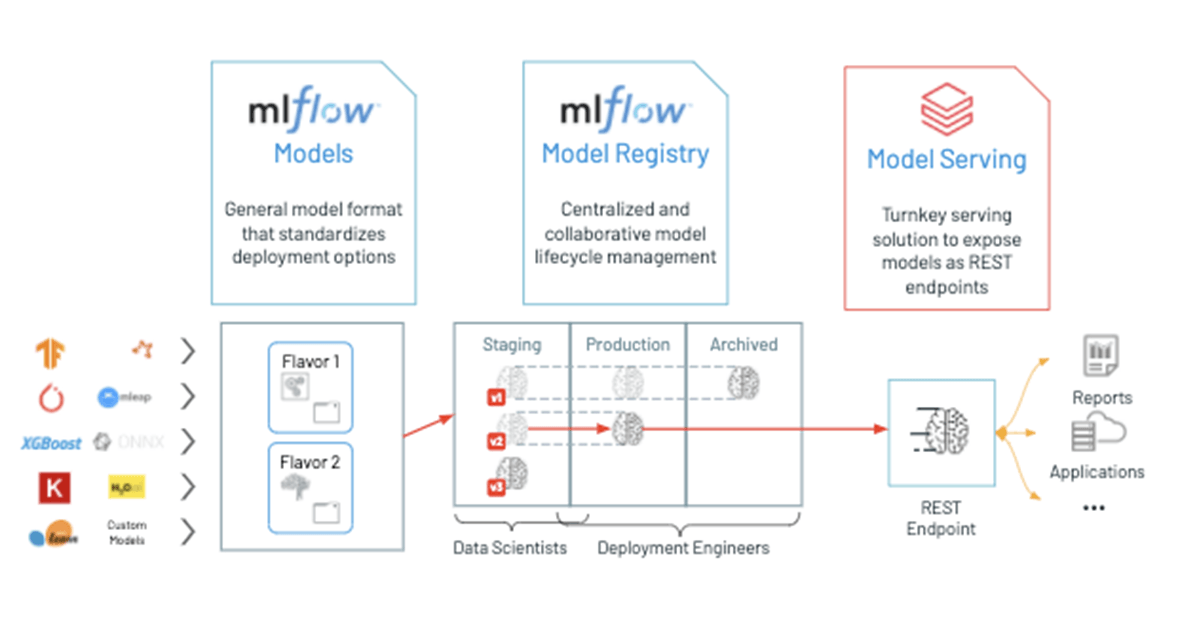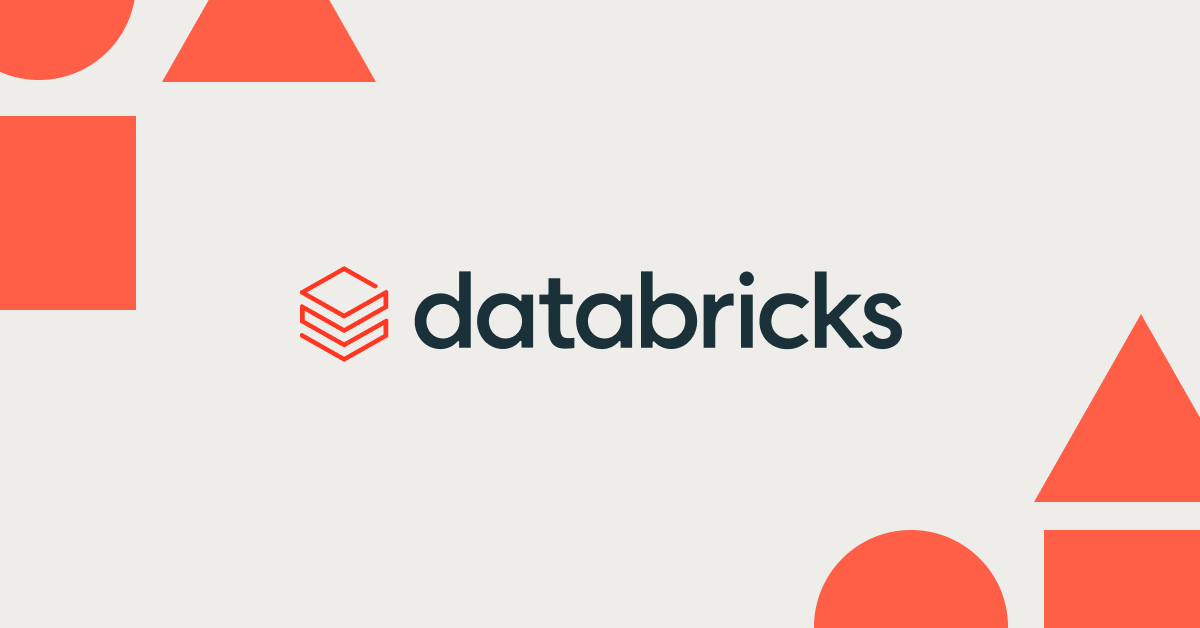Skip to main content![Aaron Davidson]()
![Engineering blog]()
![Engineering blog]()
![Platform blog]()

Aaron Davidson
Aaron Davidson's posts

Data Science and ML
November 2, 2020/2 min read
Quickly Deploy, Test, and Manage ML Models as REST Endpoints with MLflow Model Serving on Databricks

Data Science and ML
November 21, 2018/4 min read
MLflow v0.8.0 Features Improved Experiment UI and Deployment Tools

Partners
November 21, 2017/8 min read



